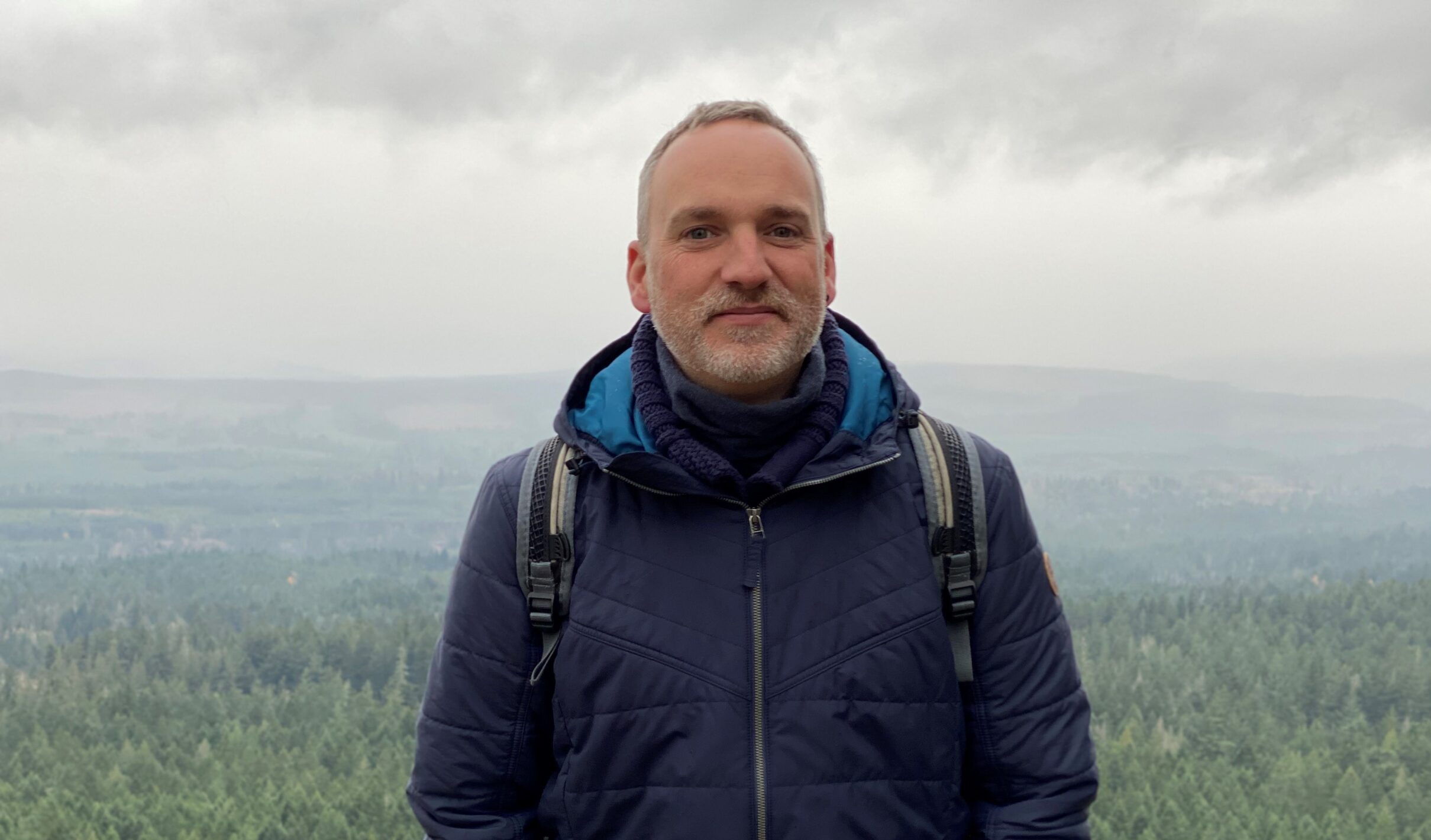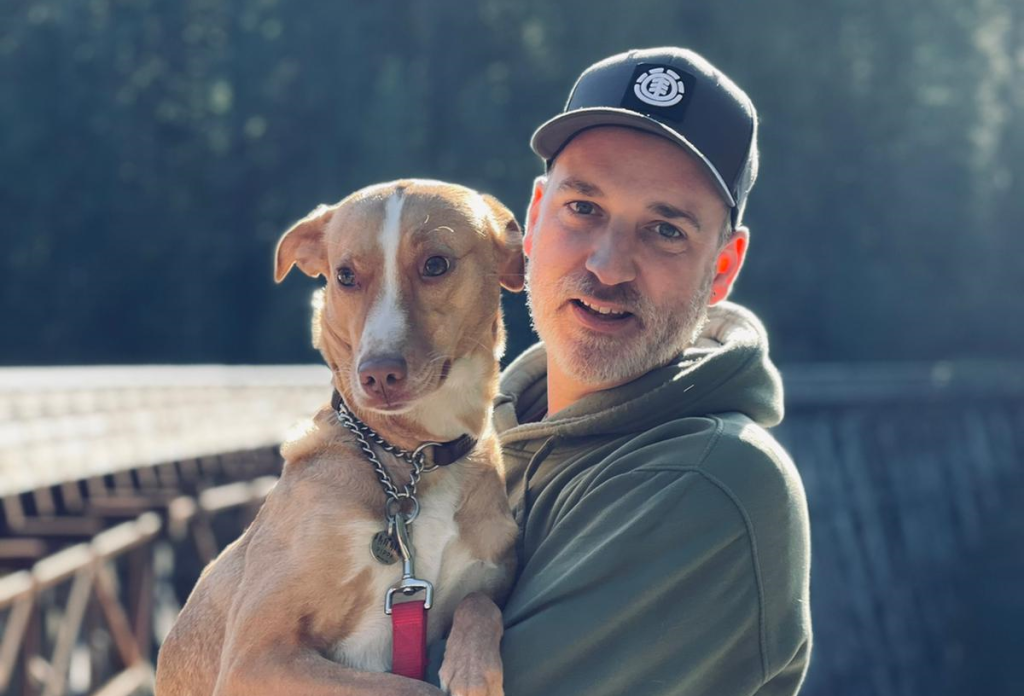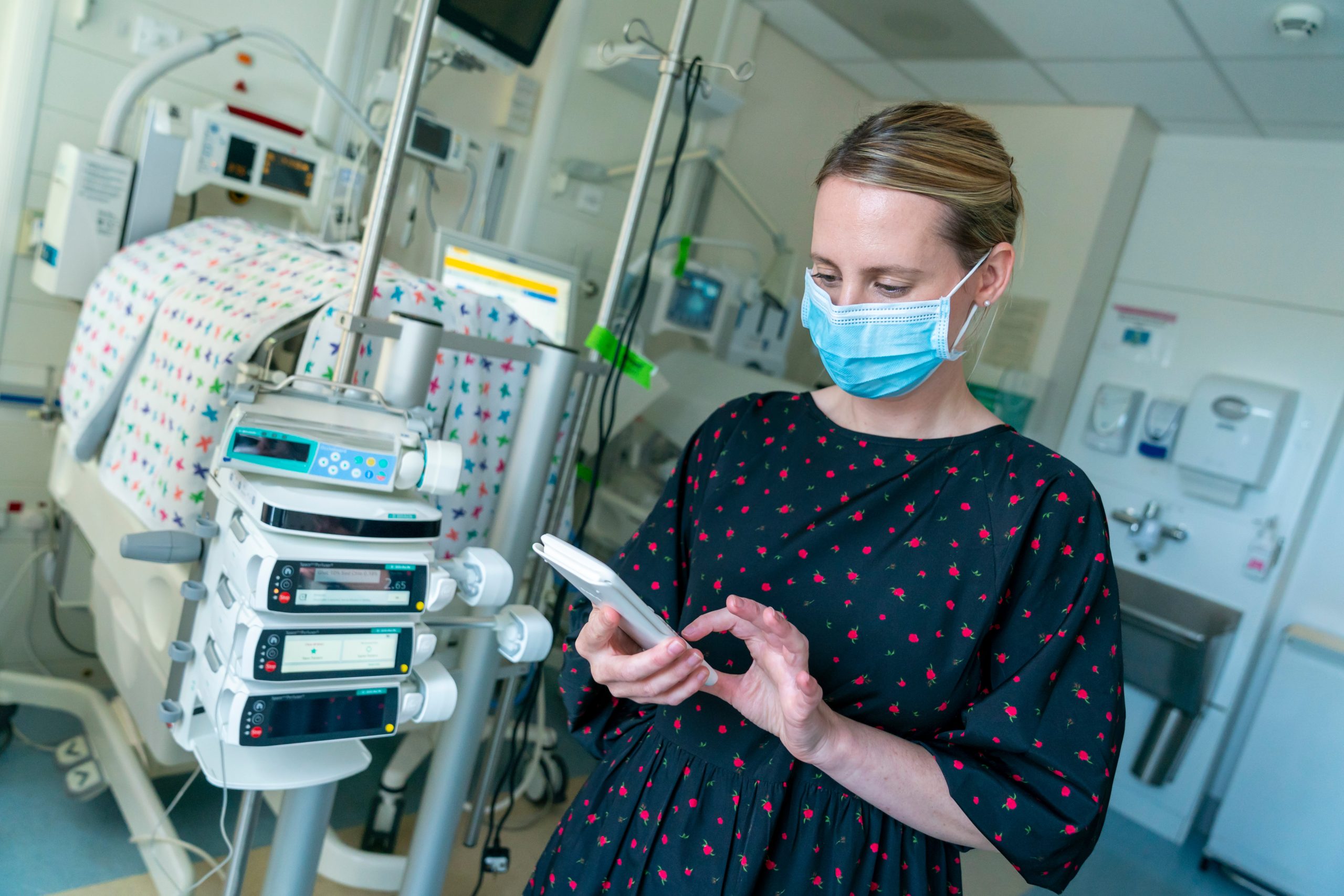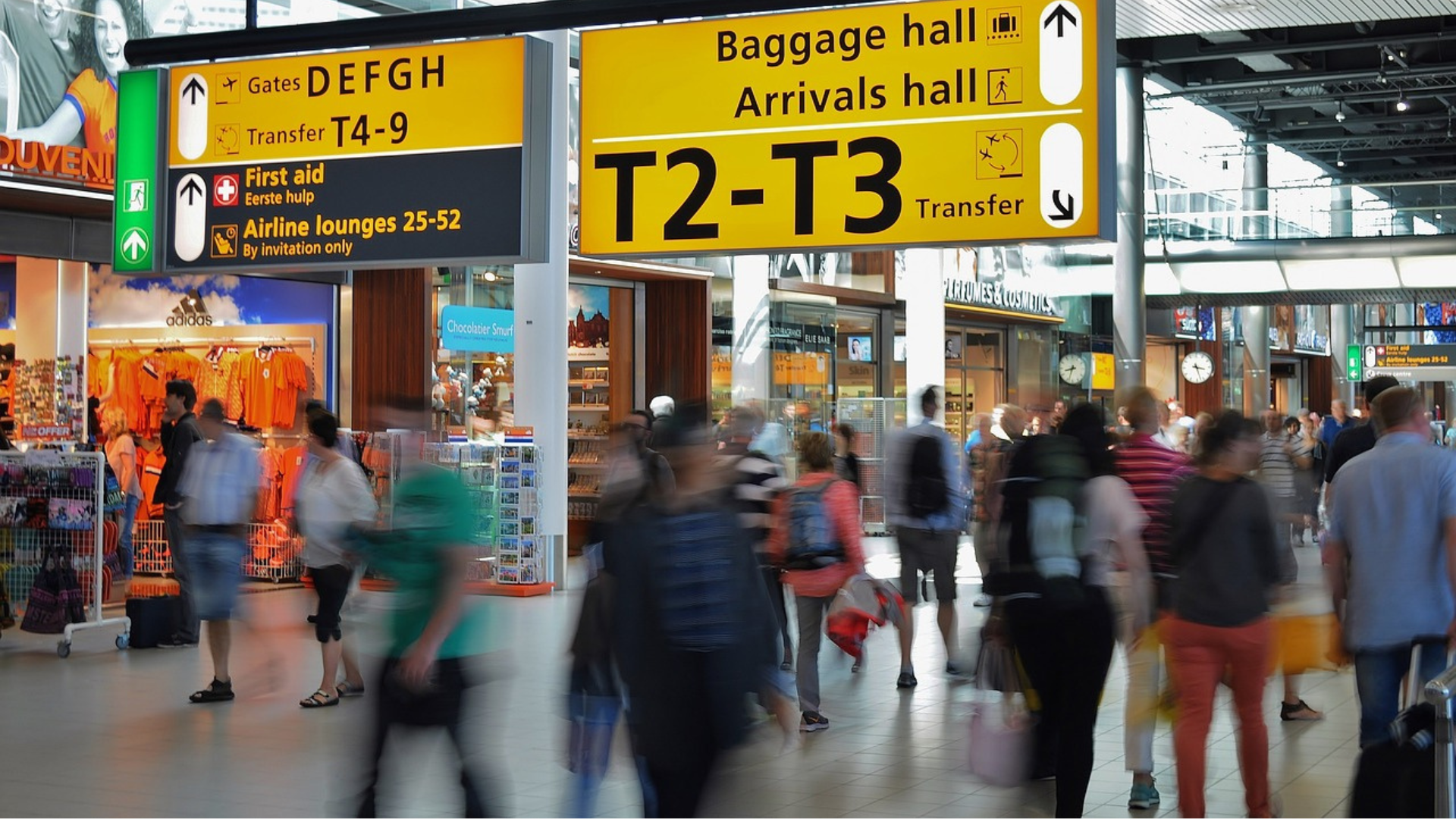
Careers for pharmacists
Are you planning a career change? This page is for pharmacists who are looking for an alternative career, either within the pharmaceutical environment or in non-pharmacy-related work.

Paul Scott-Harris is a Clinical Pharmacist with more than 10 years' experience in the profession. Here, he shares his experience and advice for those looking to practice abroad.
Earlier this year, he wrote an insightful article about supporting our LGBTQ+ pharmacy family. Here, he shares his experience of life as an ‘expat-pharmacist’ in Canada.
With 11 years in pharmacy, I had lofty ambitions for my professional development and also the British pharmacy sector. Over the last 4 years or so however, I had sadly become very disillusioned with pharmacy in the UK. Even though I understand the reasons behind some of the challenges are very complex with many different stakeholders, simply put I feel the application of our clinical skills in the community are not being developed or supported and the sector is at risk of becoming a medicine supply service rather than a clinical service offered at the point of need.
My vision for my own self-development included clinical practice in a community setting and so I looked abroad to improve my scope of practice. I am a native English speaker and in order to practice efficiently, I required an English-speaking country. After ‘trialling’ Canada over a summer and falling in love with the beautiful scenery, nature and culture on the Pacific Coast, my family and I made the decision to move to Victoria on Vancouver Island. In this blog, I’m hoping to share with you some insight into becoming a pharmacist abroad and top tips I’ve learnt from my experience:
For anyone considering moving abroad and continuing to practice as a pharmacist, it’s imperative to ensure you know what you’ll need to do before taking the leap. Every country will have different requirements and there may be varying requirements within that country, depending on which area you move to. For me moving to Canada, this entailed completing my Pharmacy Examining Body of Canada (PEBC) entrance exam before moving to Canada.
This is not as simple as it first seems. The PEBC entrance exam is more in-depth than the UK registration assessment, with more chemistry, pharmaceutics, microbiology and evidence-based medicine! However, having this certification meant I was able to apply for a salaried training position, performing pharmacy services and practicing under a supervising pharmacist, not unlike a typical UK trainee.
Around the world, job seeking can be totally different to what we are used to on British soil. For example, your CV may need to fit the local standards, as was my case. A top tip from my experience is to have a local telephone number because international numbers on a CV do put hiring managers off. In addition, it’s very normal in Canadian culture to attend a face-to-face interview before applying for a position, to enquire about the role and discuss whether it would be a good fit for you. Echoing this, there was a high emphasis placed on relationship building, therefore I had to expect up to four interview stages, even at a pharmacy assistant level.
Once you complete the training period, you need to undertake a local provincial examination, along with a PEBC OSCE and one more PEBC qualifying examination. In all, there are four exams to take and all had to be self-funded at a total cost of around $4,000CAD. The exams are also bi-annual, so if you need to re-take, you’ll need to wait 6-months for your next attempt.
You will also need to obtain a work permit. Again, it’s important to stress that every country is different … some may offer work permits only if you’ve secured a job contract, some may offer graduate schemes, some may offer permanent residency or something entirely different. You can usually find the relevant information you need on the respective government’s website or seek the services of a local lawyer.
Another top tip is to be scrupulous with your contract when offered a job. My experience was that HR law in Canada isn’t as present as within the UK and it’s common for employers to hire employees to roles that do not match the original agreements as discussed during the interview process or in offer letters. This is often referred to as the “immigrant experience” and occurs across many sectors. To avoid being disappointment when applying for a pharmacist position, consider applying for government, hospital or larger chain-based positions.
When starting a job abroad, be mindful of not only the cultural differences, but also the differences within pharmacy practice. Learning a new style and practice of pharmacy in Canada was enlightening. There is so much more interaction between the pharmacist and the patient. Primarily there is legislation in place protecting the role of the pharmacist, allowing only a pharmacist to provide medicine information within a pharmacy. There is also counselling at every medication supply and as a consequence, patient’s appreciation of pharmacists’ worth and trust is very high. In my opinion, this model is superior to that of the UK community pharmacy model, though the funding is very different. For example, there are many types of deltoid injections that a pharmacist may administer as a matter of their normal duties and so, travel clinics managed by pharmacists are commonplace.

Paul in Canada with his rescue dog, Pippa
Paul Scott-Harris is a Clinical Pharmacist with more than 10 years' experience in the profession. Here, he shares his experience and advice for those looking to practice abroad.
What I had missed most about being a UK pharmacist is my network. It is pretty lonely as a professional starting out in another country without the support of a network. I miss the interaction with my regular patients from the UK. Pharmacy businesses have more competition in Canada and there are fewer touch points with patients due to the quarterly medication supplies rather than monthly. I also miss the simplicity of the NHS and how streamlined and transparent the processes are. I miss the technology in UK pharmacy and having physical prescriptions in your hand helpful. In Canada, most prescriptions are faxed and are not confirmed by an original. Although legitimate in Canada, this always seemed worrisome for me.
There are a lot of considerations and chess pieces to move in order to transition as a pharmacist outside of the UK but remember to keep positive and remain focused on your desired outcome … it will be worthwhile. You’ll have the opportunity to work within a different culture and broaden your pharmacy skills and knowledge, along with all the other upsides of moving abroad! Have confidence in your experiences and abilities and be truthful and honest about them. Remember that you have value and you are just working through practice experience in another country.
Unfortunately, COVID hit 8 months into my training period and so, due to the substantial decrease of prescription requests and loss of pharmacy income, the pharmacy needed to make some difficult decisions. Along with five other team members, I was made redundant. This was extremely difficult for my family as I was the main breadwinner at home. Given the current global job market, I found securing an alternative position elusive without settling for a substantial drop in salary or even practicing for free. I remained focused and determined and, with an eye on my value, decided to look online to obtain an online role.
There are many freelance sites available and I found many contracts. Although not Canadian registered, my UK credentials enabled me to operate as a freelance medical writer, editor and proof-reader, change management specialist and management consultant. This helped for a number of months and kept me on a good salary. However, I found this style of work and inconsistency really draining. It’s not unlike locum work, with different rates but consider this within a highly competitive environment. As a newbie on the freelancing sites, proving myself and obtaining contracts was rather challenging. I was only managing to find short-term contracts and although these were great, they did not facilitate stability. I was lucky that I had the support of my family with me as well as my friends in Canada.
Even though I was working at alternative revenue streams and punching through the challenges and seeking contracts, I felt like a bit of a failure. It was dawning on me that I wasn’t able to be a Canadian pharmacist or continue with my pharmacy training. The new COVID pharmacy market meant only minimum wage positions were available and were offered. I felt this difficult to accept as the interviewers also expected me to operate as a pharmacist, supporting patients and providing clinical input. This really got me down and when I recognised that I had just missed the cut-off for the next upcoming exam due to focussing on freelancing, it meant that I’d need to wait a further six months for the next examination period. Therefore, I needed to make a decision as to whether I would keep my Canadian dream alive and register as a pharmacist, or to return back to the UK.
Ultimately, the family decision was taken for us all to return back to the UK. This was not an easy decision as it was difficult enough to choose to leave the UK, let alone return feeling like we hadn’t succeeded. However, we understood the need to be pragmatic about what is achievable during this global instability. Although this adventure has cost us a small fortune, the most important thing is that my family and I are all safe and well. We are returning more experienced, patient and positive. We have a more rounded sense of the world and a renewed determination to succeed.

Are you planning a career change? This page is for pharmacists who are looking for an alternative career, either within the pharmaceutical environment or in non-pharmacy-related work.

Are you looking for a new job? This page contains a list of specialist pharmacist sites, locum sites and more general job sites.

Are you thinking about working abroad? This page contains lots of useful information about what you will need to consider when registering as a pharmacist in another country.